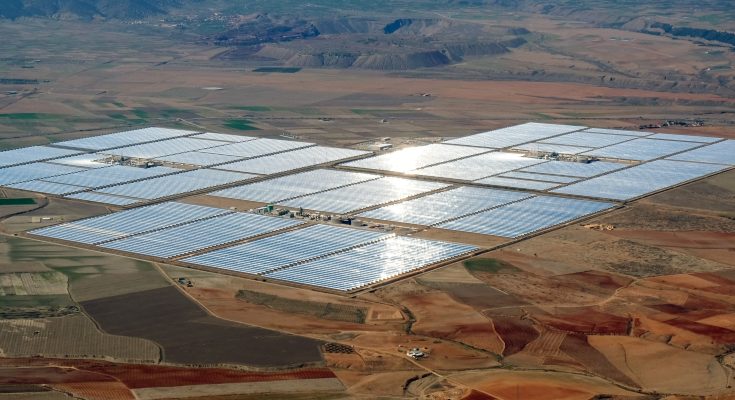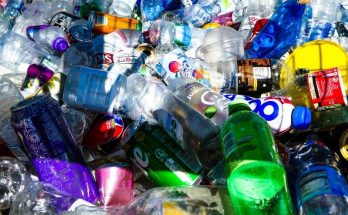Beijing: Through its participation in the 2025 International Carbon Emissions Reduction Forum of the Building Materials Industry, which took place from 22 to 24 July 2025 in Beijing, UNIDO reaffirmed its commitment to support the decarbonization of hard-to-abate industrial sectors.
“Our participation reflects our mandate to advance inclusive and sustainable industrial development and support our Member States in achieving their climate goals”, said Ciyong Zou, Deputy to the Director General and Managing Director of the Directorate of Technical Cooperation and Sustainable Industrial Development. “Through strategic partnerships, technology cooperation, and policy dialogue, UNIDO continues to mobilize expertise and innovation to enable transformative action in carbon-intensive sectors such as cement and building materials”.
UNIDO engaged in a series of high-level bilateral meetings aimed at deepening collaboration on green industrial development, including with the China Building Materials Federation (CBMF), the China National Building Material Group (CNBM) and China Building Materials Academy (CBMA) as well as with Anhui Conch Group.
UNIDO also paid a visit to the BBMG Beijing Cement Environmental Technology Co., Ltd., which operates a 100,000 tons/year CO₂ carbon capture, utilization, and storage (CCUS) demonstration project. The visit provided an opportunity for in-depth discussions with project experts and stakeholders on technological approaches and potential areas for cooperation.
Throughout the Forum, UNIDO continued to support industrial decarbonization and emphasized the value of strengthening collaboration to facilitate the international deployment of China’s low-carbon technologies and experiences, particularly across developing and emerging economies. The Forum convened global stakeholders to exchange experiences, showcase technologies, and share policy insights in accelerating the transition to low-carbon building materials.




